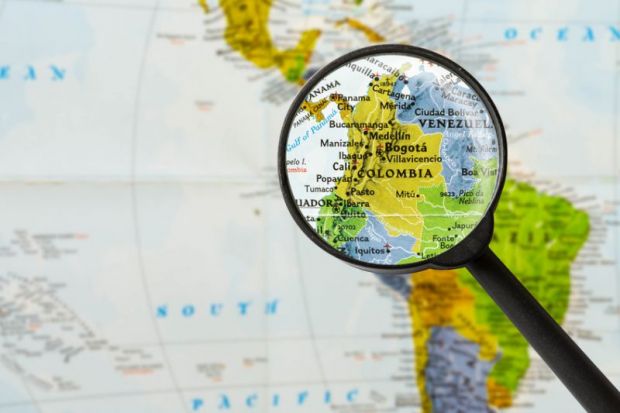British universities have put together a network of experts in science, technology and innovation designed to provide consultancy and help build capacity in Colombia.
The network is known as RedCTeI (the Spanish acronym equivalent to science, technology and innovation) and will work closely with, and offer recommendations to, its Colombian partner Colcienncias, the Administrative Department of Science, Technology and Innovation.
The project is led by Henley Business School, part of the University of Reading, with support from Oxford University Innovation. Funding has come through a British Council programme, the Newton-Caldas Fund, which promotes economic development and welfare in Colombia through science and innovation partnerships.
Despite the failure of the recent referendum to ratify the peace deal between the government and Farc rebels, RedCTel project leader Claudia Murray, a research fellow at Henley Business School, notes that “Colombia has been going through a fantastic transformation from being one of the sleeping giants of the region to becoming part of the ‘big six’ club of largest economies in Latin America and the Caribbean [along with Argentina, Brazil, Chile, Mexico and Peru].”
RedCTeI will promote the sharing of knowledge, the dissemination of research and contact between experts. Colombian members of the network will also get the opportunity to take an online training course.
“Working with Colciencias at a strategic level” and “structuring science, technology and innovation projects in local regions” represent “an important commitment to…the sustainable development of the country," said Luis Calzadilla Waldmann, British Council Newton-Caldan Fund director in Colombia.




